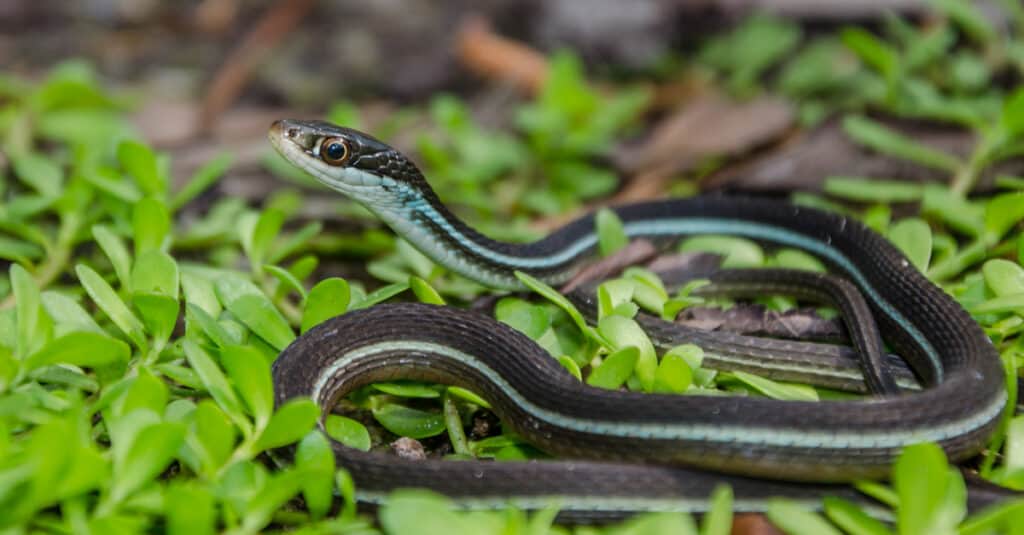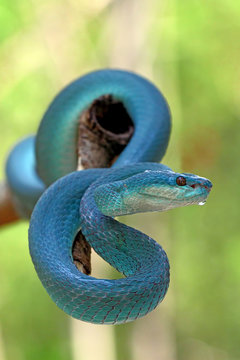Introduction
Tiger snakes (Notechis scutatus) are among the most interesting yet feared reptiles found in Australia. With their striking appearance and powerful poison, these snakes Treatment protocol evoke a combination of wonder and care. Observing tiger serpents in their natural environment can be an exciting experience for nature lovers, wildlife photographers, and researchers alike. However, it's crucial to approach this undertaking with respect for the pet's habitat and an understanding of precaution to avoid serpent bites.
In this extensive guide, we'll check out how to securely observe tiger snakes in their all-natural habitat. We will certainly cover subjects ranging from comprehending their habits and environments to emergency treatment for serpent attacks-- equipping you with understanding to improve your experience while minimizing risks.
What is a Tiger Snake?
Tiger serpents are extremely poisonous snakes belonging to Australia, especially Tasmania and seaside regions. They are understood for their distinct banded pigmentation appearing like a tiger's stripes, which can range from yellowish-brown to dark brown and even black.
Physical Characteristics
Tiger snakes are tool to large-sized snakes that can grow up to 2 meters long. Their bodies are robust, and they have a wide head that is noticeably larger than their necks.
Habitat Preferences of Tiger Snakes
These reptiles normally live in marshes, estuaries, and coastal regions however can additionally be discovered near freshwater resources like rivers and lakes. Understanding where these serpents live is vital for any person aiming to observe them safely.
Understanding Tiger Snake Behavior
Are Tiger Snakes Venomous?
Yes, tiger snakes are amongst one of the most venomous serpent species globally. Their poison includes neurotoxins that can cause severe medical difficulties if bitten.
Behavioral Traits
Tiger serpents are normally reluctant creatures; they choose to stay clear of human communication. Nevertheless, they can come to be hostile if threatened or collared.
Where Can You Discover Tiger Snakes?
Tiger Serpent Habitat Exploration
To safely observe tiger snakes in their all-natural environment, it's crucial first to determine where they grow. They often tend to prefer:
- Coastal marshlands Mangroves Swamps Riverbanks
Best Areas for Observation
Some suggested areas consist of:
- Tasmanian wetlands The coasts of southerly Australia National parks with water bodies
Safety Preventative measures Prior to Observing Tiger Snakes
Understanding the Dangers of a Tiger Snake Bite
Although experiences with tiger snakes can be thrilling, being aware of the are blue bellied black snake venomous risks involved is critical:

First Aid for Serpent Bites: What You Required to Know
Knowing what actions to take if bitten can save your life or another person's:
- Stay calmness; activity raises poison spread. Call for medical help immediately. Do not use ice or effort suctioning.
How to Safely Observe Tiger Snakes in Their All-natural Habitat
When you choose to observe tiger snakes in the wild:
Dress Appropriately: Use lengthy trousers and durable boots. Use Binoculars: Keep a risk-free distance while observing these reptiles. Avoid Sudden Movements: Quick motions may surprise them. Stay on Established Trails: Avoid wandering right into thick underbrush where exposure is low.Equipment Needed for Observation
Essential Gear Checklist
- Binoculars First-aid kit particularly designed for snake bites Field guidebook on Australian reptiles Camera (with zoom ability)
Snake Bite First Aid Set Essentials
A well-appointed first aid set should consist of:|Product|Function|| -------------------------------|-------------------------------|| Compression plaster|To debilitate the afflicted area|| Antihistamines|For allergies|| Emergency contact numbers|Quick accessibility during emergencies|
Interpreting Tiger Serpent Signals
Understanding how tiger serpents interact via body language aids observers evaluate when it's safe or dangerous:
Common Behaviors
Defensive posture: If coiled or elevated off the ground. Retreating behavior: When they slowly back away from potential threats.Dealing With Possible Encounters
Even with precautions taken, an encounter might still take place throughout your monitoring journey:

Frequently Asked Concerns Concerning Tiger Snakes
1. What should I do if I see a tiger snake?
Remain tranquility; observe from a range without troubling it.
2. Are baby tiger snakes dangerous?
Yes, juvenile tiger snakes are birthed poisonous and might present dangers similar to grownups regardless of being smaller.
3. Exactly how common are tiger serpent bites?
While events happen every year in Australia, fatalities are uncommon as a result of prompt therapy availability.
4. Can I maintain a tiger serpent as a pet?
Keeping wild tiger snakes as animals is unlawful in numerous regions as a result of conservation laws.

5. What does a tiger snake bite appearance like?
Bite marks generally reveal two puncture wounds in addition to local swelling and discoloration.
6. Exactly how efficient is antivenom?
Antivenom treatment is highly reliable when provided timely Snake awareness Australia after a bite.
Conclusion
Observing tiger serpents in their natural environment uses an electrifying chance for wild animals enthusiasts but should be come close to with care and regard for both the creature and its setting. By equipping on your own with expertise regarding these interesting reptiles-- including comprehending their actions and precaution-- you can enjoy unforgettable experiences while dramatically lowering dangers related to encounters.
In recap, always focus on safety and security by preparing effectively before embarking on any type of wildlife monitoring expedition-- especially when taking care of some of nature's most poisonous creatures like the tiger snake!